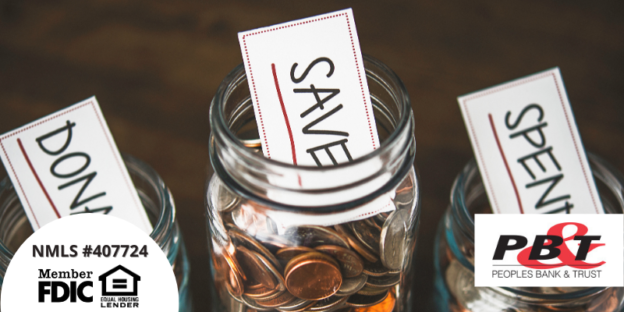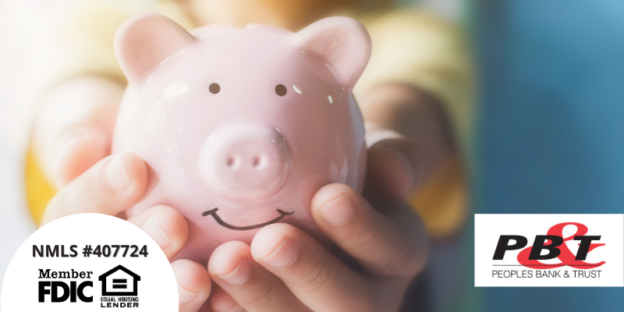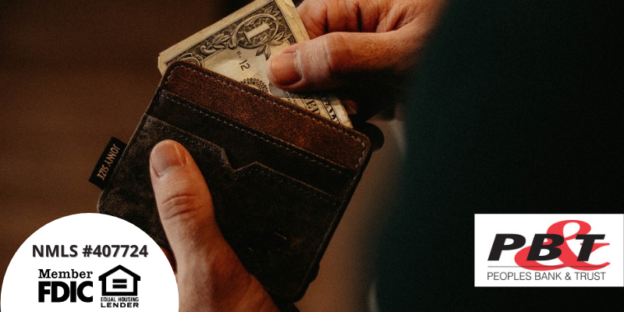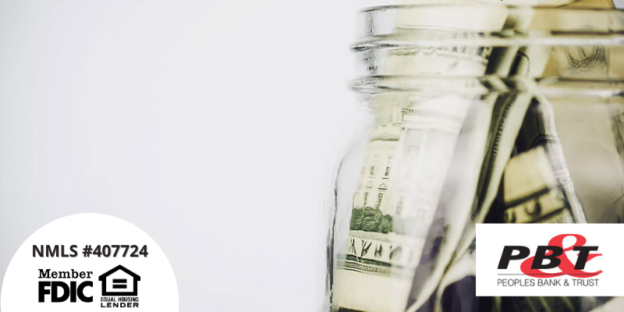Creating a basic monthly budget is simple, but breaking it down into categories and deciding what you should and shouldn’t spend money on can get tricky. That’s where the idea of wants vs needs comes into play, and it’s one of the most important steps in budgeting. Struggling to figure out what the difference is? We’ll explain!
The Overall Difference Between Wants VS Needs
Financial needs include purchases that are required or absolutely necessary. Financial wants, on the other hand, are things we desire or wish for but technically don’t need for well-being or survival. These are difficult to separate because they’re often different for each person.
Examples of Needs
We all have things we need to purchase in order to survive and continue working. These payments often take up a large portion of your paycheck and are recurring. This includes:
- Food
- Gas/Transportation
- Insurance
- Work uniform
- Housing
- Medication
- Utilities
- Healthcare
Examples of Wants
Along with the necessities come desirable things that allow you to live a more comfortable life. While you can live without them, the following things can bring you fun and joy:
- Entertainment
- Coffee shop visits
- Gym membership
- New clothes
- Dining at a restaurant
- Travel
- Home décor
Budgeting Your Wants & Needs
One well-known budgeting system to follow is called the 50/30/20 rule. 50% of your income is spent on needs, 30% is spent on wants and 20% is put into your savings or paying off debt. This is a great system to go by because it allows you to satisfy your financial wants in modesty. Restricting yourself completely from your wants is unrealistic, so setting a concrete value to each of your budget categories keeps you from overspending.
Just like most things in life, over time you will learn from mistakes and adjust your budget. Maybe you have a new want, like a gym membership, that you can swap out for an old want, such as TV subscriptions you don’t use very often. And while you make adjustments to your budget, our financial services are here to assist you along the way!
Peoples Bank & Trust Co.
Member FDIC
Equal Housing Lender











